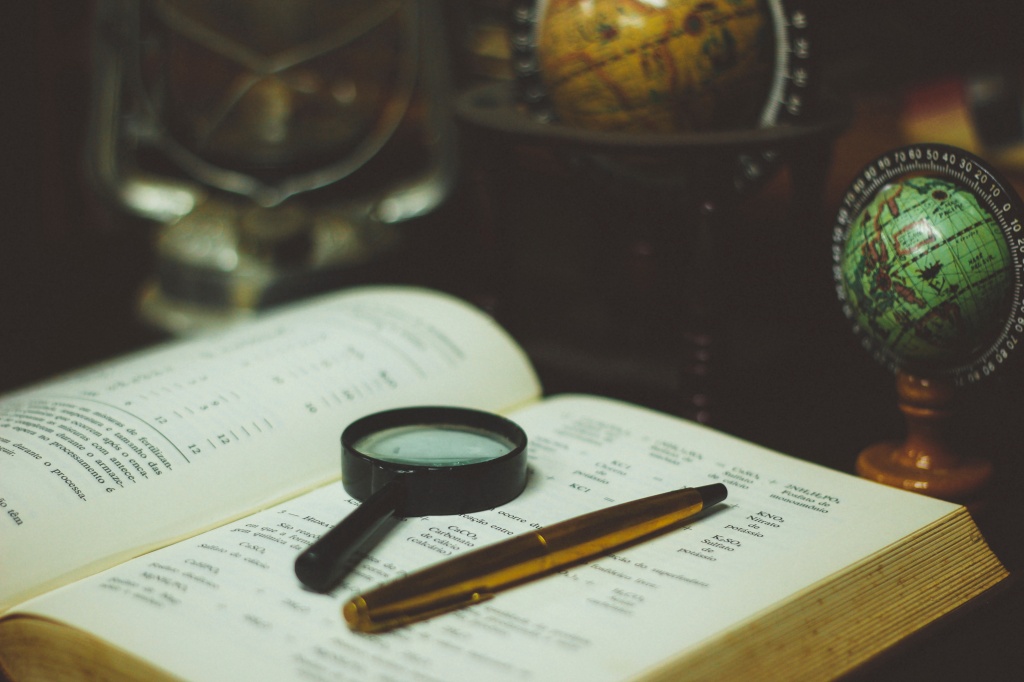Ahhh, Korean prose. It’s so amazingly different from its English counterpart.
I’ve spoiled myself when it comes to translation because, before now, I’ve only translated what I enjoy translating or what I think naturally translates well into English – avoiding passages with dreaded idiomatic expressions or puns.
For the past couple months, though, I’ve kinda sorta taken up casually translating a Korean e-book into English, and over the course of thousands of words, the translation challenges are becoming more and more persistent and unavoidable.
Case in point: relative clauses.
In English, a relative clause is a phrase that modifies a noun and is usually preceded by a relative pronoun (i.e. who, whom, which, that, or whose). Note, Korean doesn’t have explicit relative pronouns; at the end of verb, adjective, or noun preceding the noun you want to modify, you just add -는 (for present-tense verbs/adjectives), -(으)ㄴ (past-tense verbs), -았/었/였던 (past-tense adjectives),-(으)ㄹ (future-tense verbs/adj), or -인 (nouns).
Now, obviously I can’t generalize writing style, but given the range and number of things I’ve read over the years, I’m comfortable saying that standard Korean writing uses a lot of relative clauses. And, man, are they hard to translate.
First off, in Korean, relative clauses can modify personal pronouns (i.e. I, they, we, us) which quickly gets strange and awkward to translate in English:
별에서 온 그대
lit. You who came from the stars.
Not… wrong, necessarily. But there’s a reason why the official English translation of this drama title is My Love From the Stars instead.
Relative clauses in Korean can also get long, like beyond what actually sounds decent in English. Now combine that with point 1 and you might see things like:
요즘따라 내꺼인 듯 내꺼 아닌 내꺼 같은 너
lit. You who seem like you’re mine these days, who aren’t mine, who are like mine.
(Okay, so these are song lyrics, so not totally representative of normal prose. LOL.)
I struggle with sentences that use a lot of descriptive clauses because it makes English-translated Korean sentences sound homogeneous. This isn’t the end of the world, but it’s a stylistic thing that bothers me a lot. So much tone, mood, and pacing comes from varying sentence length and structure. It gives prose an overall movement and cadence.
Side note – I love writing, it’s my day job, and I spend a lot of time thinking about what ‘good’ is writing to me and developing my craft. I tend to hate using adverbs and overwrought descriptions in my own prose, so when I encounter relative clauses in Korean, I think I exercise a little too much creative freedom in translating them.
낡긴 하였으나 깨끗한 도포를 입고 갓을 쓴 곱상한 선비가 두 손으로 보자기를 함겹게 들고 서책이 빼곡한 책방 안으로 들어서며 주인을 찾았다.
lit. The handsome scholar who wore an old, although clean dopo and hat, clutched with difficulty a cloth-wrapped bundle in both hands, and, stepping into the bookstore crowded with books, looked for its owner.
Yeah, nope. If this was the first sentence of an English novel, I would not be shy about using a red pen all over it. I’d break that sentence up into at least two, if not three sentences.
An interesting and unintended consequence of translating Korean is that my own writing (especially in fiction) has also changed subtly. I find myself using a lot more relative clauses and adverbs than I used to. Make it stopppp.
(Photo by João Silas via Unsplash)

4 responses to “Translating Korean relative clauses”
알차나 씨, 안녕하세요? This discussion of relative clauses is very good – 정말 좋아했어요 – as a “late beginner” to the language I’ve noticed and felt something unusual about sentence structure, actually defining it grammatically is very helpful. Certainly it makes translation from K to E interesting, but it’s very challenging trying to make sentences from E to K sound less clumsy.
In the translation of 별에서 온 그대, can’t help but mention 그대 as a term of endearment for “you” that I don’t think we have quite the equivalent in English. My dear, my love, darling… what do you think? (오지은 has a wonderful song called 그대 on one of her earlier albums). –키코드림
LikeLiked by 1 person
Hi 키코님! 항상 읽어주셔서 감사합니다. So great to hear from you. :)
그대 is an interesting word. In the more modern context, yeah, I think the best English equivalent would be “my dear, my darling” etc. There can be a slightly different nuance when it’s used in a historical context. 그대 can be used between really good, close friends (벗 as opposed to 친구) to show them respect or honor. It’s a way of showing someone who is at or below your own social standing that you cherish them. I think that latter meaning is really what’s challenging to translate in English – I think the closest equivalent would be using “thy” or “thou.”
LikeLike
[…] A writing tic of mine, for instance, is to include every relevant detail that I possibly can into a relative clause that modifies the topic or subject of my sentence; that means my sentences are “top […]
LikeLike
As a recent Korean learner, this excellent article highlights the most important difficulty for European language learners in getting to grips with Japanese and Korean. Both J and K have no relative pronouns and (strictly) no relative clauses at all – instead they use adjectival phrases. (in pedantic English grammar terminology – ).
In fact instead of the normal pattern of SOV main clause -> relative pronoun as S -> OV subordinate clause; J+K use S adjectival-phrase-object V.
So the european has to transform ‘I meet my friend who likes to play tennis’ into ‘I my tennis play liking friend meet’. This is so ‘alien’ and needs to be drilled to get used to it, or absorbed with lots of input. We can expect the same issues for J+K learners of European and Semitic languages.
LikeLike